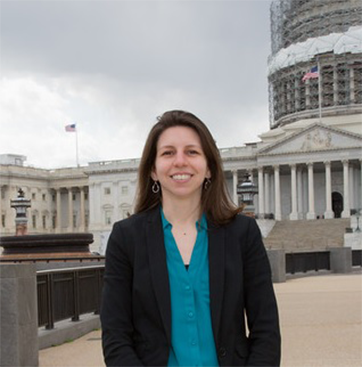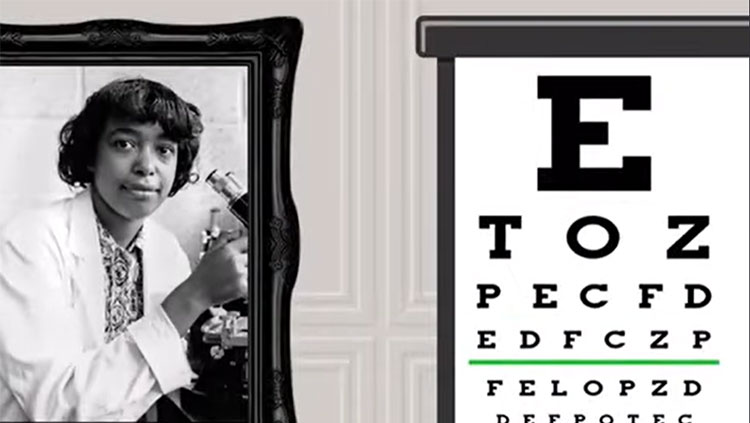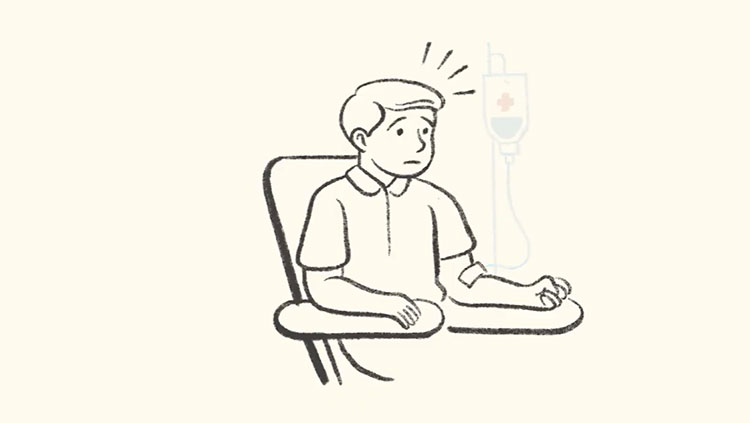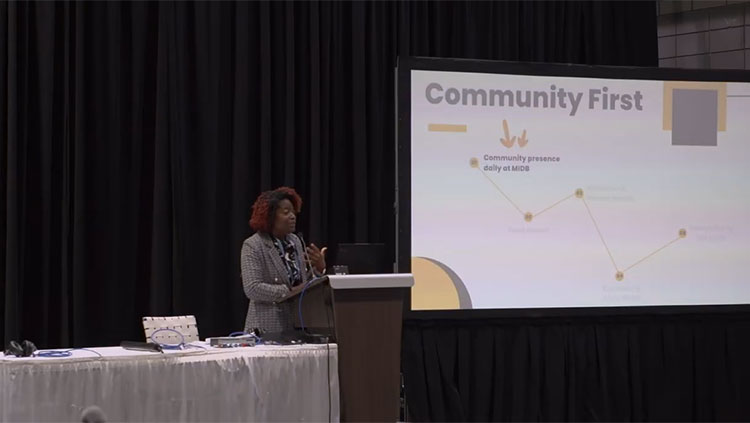Brief: The Promise of NIH Alzheimer's Research
- Published19 Aug 2016
- Reviewed19 Aug 2016
- Author Jennifer Brummet
- Source BrainFacts/SfN
During a briefing last month on Capitol Hill, NIH-funded scientists discussed the current state of Alzheimer’s disease research and the importance of increased funding for this research. The Senate NIH Caucus and ACT for NIH, a nonpartisan campaign committed to advancing biomedical research, organized the briefing, “The Promise of NIH Alzheimer’s Research.”
Alzheimer’s disease is the most prevalent form of dementia, causing memory and cognitive problems that worsen over time and impair the patient’s ability to function. Someone is diagnosed with Alzheimer’s every 60 seconds, said caucus co-chair Sen. Dick Durbin (D-IL), adding that “there’s not a single one of us” who isn’t affected by the disease in some way.
Estimates show that more than 5 million Americans have Alzheimer’s disease, resulting in $226 billion annually in health care fees. Ron Peterson, director of the Mayo Clinic Alzheimer's Disease Research Center and the Mayo Clinic Study of Aging, said that state and federal governments pay two-thirds of these fees and that Alzheimer’s disease will cost the U.S. an estimated $1.1 trillion by 2050.
Dave Bennett, director of the Rush Alzheimer's Disease Center, highlighted the importance of federal funding for Alzheimer’s research in light of the country’s aging population, explaining that the search for cures and treatments will not be paid for by anyone else. “Our work would not be possible without significant, sustained funding from NIH,” he said.
NIH Caucus co-chair Sen. Lindsey Graham (R-SC) agreed, emphasizing the need to “solidify and maintain” funding increases for NIH to support Alzheimer’s research. Laurie Ryan, chief of the Dementias of Aging Branch in the Division of Neuroscience at the National Institute on Aging, described some of the NIH’s Alzheimer’s research projects and clinical trials, emphasizing the importance of both basic and translational research in finding ways to slow Alzheimer’s disease.
The final speaker, a woman named April Hamilton, told the story of her mother’s struggle with early onset Alzheimer’s disease. She spoke about her financial difficulties and the personal toll of caring for an Alzheimer’s patient. “I want to urge you to make Alzheimer’s a priority,” she said, addressing the lawmakers in attendance. “There is no way to prevent, treat, or cure Alzheimer’s.”
CONTENT PROVIDED BY
BrainFacts/SfN
Also In Supporting Research
Trending
Popular articles on BrainFacts.org


















